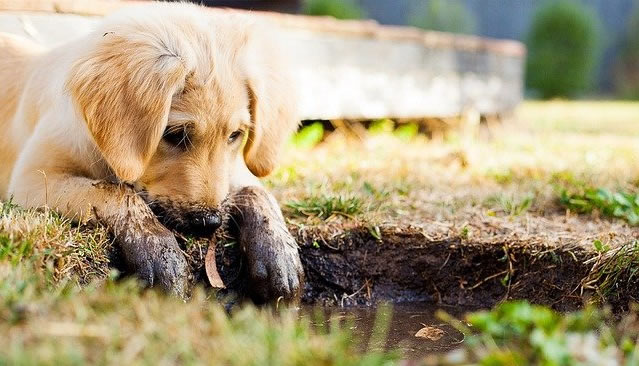先日から「The hidden history behind our pets’ most revolting habits -「ペットの不快な習性に隠された歴史」を読んでいます。

・「ペットの不快な習性に隠された歴史」(1)
・「ペットの不快な習性に隠された歴史」(2)
・「ペットの不快な習性に隠された歴史」(3)
・「ペットの不快な習性に隠された歴史」(4)
・「ペットの不快な習性に隠された歴史」(5)
They also adapted their behaviours to suit their new collaborators
彼らはまた新しい協力者に合わせて行動を変えていった
- in some cases, exaggerating traits already found in their wild ancestors, and in others, inventing brand new ones.
ある場合では野生の祖先に既にあった特徴を誇張し、またある場合には、まったく新しい特徴を作り出した。
To find out which is which, all you have to do is compare dogs with modern-day wolves.
それがどれかを知るには、犬と現代のオオカミを比較すればよい。
Take the excitable greetings of many dogs, who jump up and try to lick your face, eventually settling for whichever part of the body doesn’t recoil quickly enough.
例えば、犬は興奮すると飛びついて顔を舐めようとするが、最終的に落ち着かせるには体のどこでも(顔でなくても)良いので、すぐに身を引かないことだ。
“They would like to give a ‘kiss’ – or at least this is how people describe it,” says Zsofia Viranyi, an expert in comparative cognition at the University of Veterinary Medicine, Vienna, and co-founder and co-director of the Wolf Science Centre.
「彼らは “キス “、少なくとも人がそう表す行為をしたいのです」と話すのは、ウィーン獣医科大学の比較認知の専門家であり、ウルフ・サイエンス・センターの共同設立者兼共同ディレクターであるヴィラーニ氏。
In fact, this trait – often ranked high among dogs’ most annoying habits
実はこの特徴は、犬の最も厄介な習性の上位にランクされることが多いのだが、
- is a quintessential wolf behaviour – a relic from their ancestors tens of thousands of years ago.
典型的なオオカミの行動であり、何万年も前の祖先の遺物なのだ。
歓迎の印と分かっていても大型犬にこれをされると、ちょっと怖い時あります(笑)。
飼い主さんもこちらの服に犬の足の汚れがつかないよう、気を使ってくれるのですが、何しろパワーがあるのでグイーン!ベロベロベロ!って迫って来ます(笑)。
あのストレートな感情表現は、太古の昔からDNAに刻まれているのですね。
理由は単純明快!「少ないコストでしっかり楽しく学べるから」。
私自身の経験(高機能でビックリ)をびっしり書いていますので、良かったら読んでみてください。
下のバナーからどうぞ!






